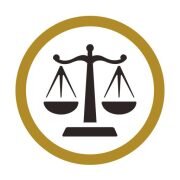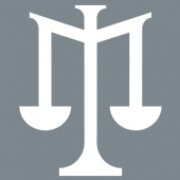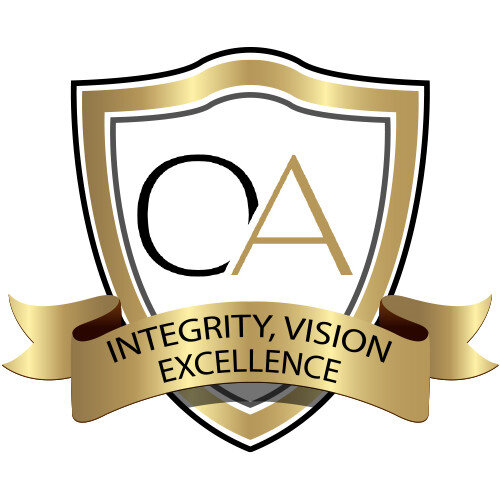Best Communications & Media Law Lawyers in Durban
Share your needs with us, get contacted by law firms.
Free. Takes 2 min.
List of the best lawyers in Durban, South Africa
About Communications & Media Law in Durban, South Africa:
Communications & Media Law in Durban, South Africa governs the legal principles and regulations surrounding the communication industry. This includes laws related to broadcasting, print media, telecommunications, advertising, and digital media. These laws aim to protect the rights of individuals and organizations involved in the communication and media sector, while also ensuring ethical practices and fair competition.
Why You May Need a Lawyer:
You may need a lawyer in the field of Communications & Media Law in Durban, South Africa if you are facing issues such as defamation, copyright infringement, breach of contract, licensing disputes, or regulatory compliance. A lawyer can help you navigate the complex legal landscape, protect your rights, and advocate on your behalf in legal proceedings.
Local Laws Overview:
Key aspects of local laws that are particularly relevant to Communications & Media Law in Durban, South Africa include the Electronic Communications and Transactions Act, the Films and Publications Act, the Press Council of South Africa, and the Advertising Standards Authority of South Africa. These laws regulate various aspects of communication and media activities to ensure compliance with ethical standards and legal requirements.
Frequently Asked Questions:
1. What is defamation?
Defamation is the act of making a false statement about someone that harms their reputation. It can be either slander (spoken defamation) or libel (written defamation).
2. How can I protect my intellectual property in the media industry?
You can protect your intellectual property by registering trademarks, copyrights, and patents for your creative works and inventions.
3. What are the regulations for advertising in South Africa?
Advertising in South Africa is regulated by the Advertising Standards Authority, which ensures that advertisements are truthful, ethical, and comply with industry codes of practice.
4. What is the role of the Press Council of South Africa?
The Press Council of South Africa is a self-regulatory body that oversees ethical standards in the print media industry and handles complaints about journalistic practices.
5. Can I be held liable for content posted on my social media accounts?
Yes, you can be held liable for defamatory or unlawful content posted on your social media accounts. It is important to be mindful of what you share online.
6. What is the process for obtaining a broadcasting license in South Africa?
To obtain a broadcasting license in South Africa, you must comply with the requirements set out by the Independent Communications Authority of South Africa (ICASA) and submit an application for review.
7. What are the legal implications of using someone else's intellectual property in my work?
Using someone else's intellectual property without permission can lead to copyright infringement or plagiarism charges. It is important to seek proper authorization or licenses for using copyrighted material.
8. How can I challenge a media organization for publishing false information about me?
You can challenge a media organization for publishing false information by lodging a complaint with the Press Council of South Africa or seeking legal recourse through defamation or privacy laws.
9. What are the legal restrictions on freedom of speech in South Africa?
Freedom of speech in South Africa is protected by the Constitution, but it is not an absolute right. There are limitations on hate speech, incitement to violence, and defamation to balance freedom of expression with other rights.
10. How can I ensure compliance with data protection laws in the media industry?
To ensure compliance with data protection laws, such as the Protection of Personal Information Act (POPIA), media organizations must secure consent for data processing, safeguard personal information, and provide individuals with rights to access and control their data.
Additional Resources:
For additional resources on Communications & Media Law in Durban, South Africa, you can refer to the Independent Communications Authority of South Africa (ICASA), the Department of Communications and Digital Technologies, the Press Council of South Africa, and the South African Communications Forum.
Next Steps:
If you need legal assistance in the field of Communications & Media Law in Durban, South Africa, it is recommended to consult with a qualified lawyer who specializes in this area. They can provide you with expert advice, representation in legal matters, and help you navigate the complexities of the legal system. You can contact local law firms or legal organizations for assistance with your specific case.
Lawzana helps you find the best lawyers and law firms in Durban through a curated and pre-screened list of qualified legal professionals. Our platform offers rankings and detailed profiles of attorneys and law firms, allowing you to compare based on practice areas, including Communications & Media Law, experience, and client feedback.
Each profile includes a description of the firm's areas of practice, client reviews, team members and partners, year of establishment, spoken languages, office locations, contact information, social media presence, and any published articles or resources. Most firms on our platform speak English and are experienced in both local and international legal matters.
Get a quote from top-rated law firms in Durban, South Africa — quickly, securely, and without unnecessary hassle.
Disclaimer:
The information provided on this page is for general informational purposes only and does not constitute legal advice. While we strive to ensure the accuracy and relevance of the content, legal information may change over time, and interpretations of the law can vary. You should always consult with a qualified legal professional for advice specific to your situation.
We disclaim all liability for actions taken or not taken based on the content of this page. If you believe any information is incorrect or outdated, please contact us, and we will review and update it where appropriate.

















